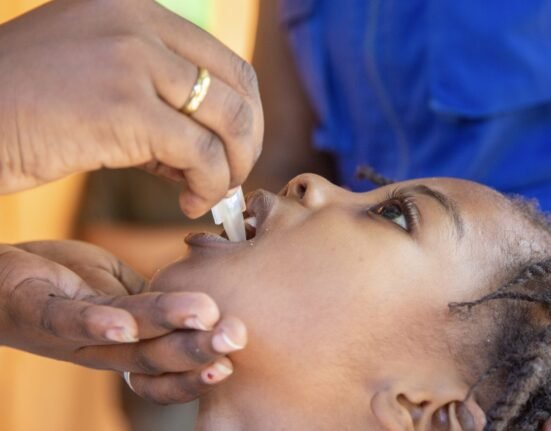HQ Team
June 2, 2023: Shortage of oral vaccines and overstretched public health and medical professionals are contributing to the spread of cholera, especially in the Horn of Africa, the WHO stated.
Based on the increasing number of outbreaks and their geographic expansion, as well as a lack of vaccines and other resources, WHO continues to assess the risk at the global level as “very high.”
The latest data reported was on April 18, and even though no country has reported fresh cases since then, 24 nations have intimated the global health agency of the disease since the beginning of this year.
The geographic spread continues in and around the Mandera triangle, where the borders of Ethiopia, Kenya, and Somalia meet, and population movement drives the transmission across borders.
“The overall capacity to respond to multiple and simultaneous outbreaks continues to be strained due to the global lack of resources,” according to a WHO statement.
Oral vaccine shortage
“There are shortages of the oral cholera vaccine, as well as overstretched public health and medical personnel, who are dealing with multiple disease outbreaks and other health emergencies at the same time,” the WHO stated.
Cholera is an extremely serious disease that can cause severe acute watery diarrhoea with severe dehydration. It spreads through food and water contaminated with the bacterium Vibrio cholerae, often with faeces.
The symptoms include sunken eyes, cold skin, decreased skin elasticity, and wrinkling of the hands and feet. Dehydration can cause the skin to turn bluish.
The primary treatment for affected individuals is oral rehydration salts, the replacement of fluids and electrolytes by using slightly sweet and salty solutions. Rice-based solutions are preferred.
In children, zinc supplementation has also been found to improve outcomes. In severe cases, intravenous fluids may be required, and antibiotics may be beneficial.
Poverty, conflict
It takes between 12 hours and 5 days for a person to show symptoms after consuming contaminated food or water. Cholera affects both children and adults and can kill within hours if untreated.
With safe water and sanitation, cholera can be prevented. It can kill within hours when not treated, but immediate access to treatment saves lives.
While the triggers for cholera outbreaks such as poverty and conflict are enduring, climate change and conflict are now compounding the problem. Extreme climate events like floods, cyclones, and droughts reduce access to clean water and create an ideal environment for cholera to thrive.
In 2022, 30 countries reported cholera outbreaks, 50% more than the average in previous years. This trend continues into 2023. The recent outbreaks have also been more deadly, with case fatality rates being the highest recorded in over a decade.
ECDPC estimates
As of 24 April 2023, 49,857 new cholera cases, including 298 new deaths, have been reported worldwide, according to the European Centre for Disease Prevention and Control.
The five countries reporting the greatest number of new cases are Pakistan, Bangladesh, Mozambique, Syria, and Malawi.
The five countries reporting the greatest number of new deaths are Nigeria, Malawi, Mozambique, Haiti, and Kenya. In addition, 99,136 new cases were reported or collected retrospectively before 23 March 2023.








